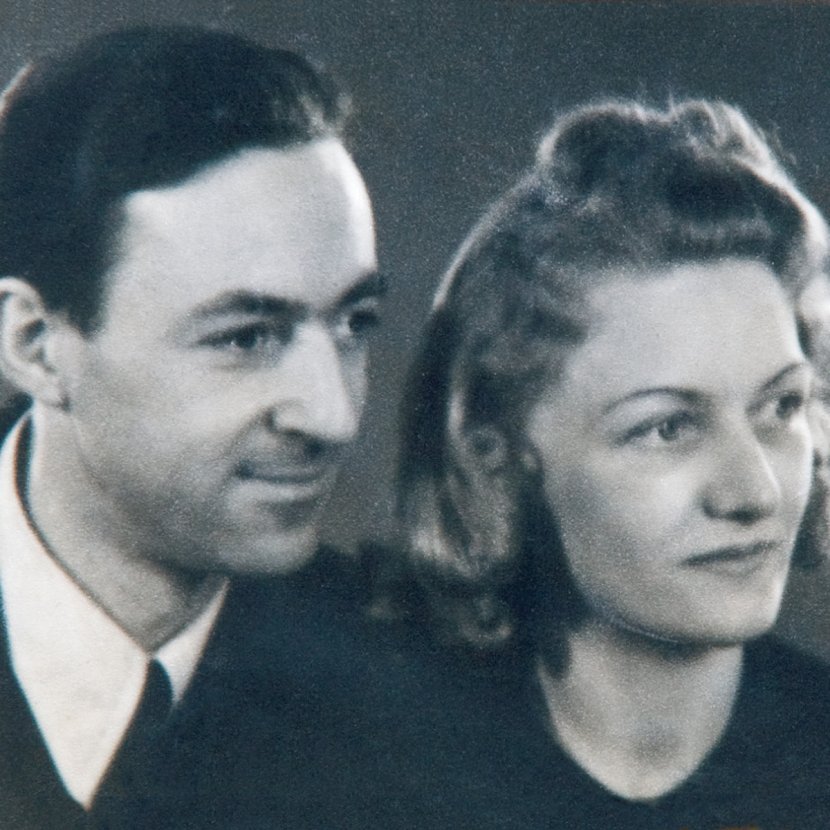Then and now: The Option – one stays, one leaves
The Holzner has been a place of living history for 112 years. And through all the ups and downs, through all the periods of prosperity and crises, it has grown and become what makes it lovable and special today: a place of joy and peace for all generations, then and now. This time, you will read about how the South Tyroleans, including the brothers Herbert and Wilhelm Holzner, were faced with the hard decision of either leaving their homeland or renouncing their culture.

About 85% of the South Tyroleans had decided to take the Germany Option, thus to emigrate, but only 75,000 South Tyroleans actually emigrated during the turmoil of the war. Most of them were simple workers without possessions. Many South Tyroleans who had land or property had voted against the option anyway. So, it happened that in some families only the person who owned the farm, house, or other property voted against the Option and all other family members opted for leaving.
It was the same in the Holzner family: Herbert Holzner stayed in Oberbozen, while Wilhelm Holzner, a trained engineer, moved to Berlin, where he was employed by Siemens for radar construction. Like 20,000 other South Tyrolean emigrants, he returned to South Tyrol after the war. Before the end of the war, he had put his wife and their children, Peter and Werner, on a train in Berlin, with which they arrived in Bozen, weeks later. He himself set off on foot for South Tyrol after the Russians had taken Berlin. It was not until six months after his departure that he arrived on Ritten mountain.
The family soon moved into an apartment in Bozen, and in the meantime, they had had an addition: Little Hans, who was born on the ground floor of the hotel in 1948. Wilhelm, however, made a name for himself as a sports engineer, building ski jumps and above all swimming pools throughout northern Italy.